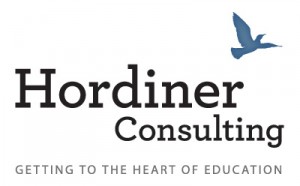The heart of education is also the curriculum. When we say “curriculum” we usually have in mind WHAT we teach children. “Pedagogy” refers to the WAY we educate children, the process of learning. Curriculum includes pedagogy, for the WAY we educate children influences WHAT children learn. While we can identify core values, concepts, and behaviors or skills that we want all children to learn (WHAT), we face the challenge of making this knowledge accessible and relevant to each child (WAY).
In a deeper sense, the heart of education refers not only to WHAT we want to teach and the WAY we teach but also WHO we teach, the “heart” of the individual child or group of children. Rather than defining curriculum as a single body of knowledge or set of developmentally appropriate skills, the focus of curriculum ought to be (1) the emotional and intellectual needs and interests of the children and (2) the nurturing relationships we build with children (and families) which make possible a deep understanding of the child (and family).
Educators (and parents) therefore ought to be primarily concerned with understanding children. Who is the child? What is his or her unique potential? Why does he or she feel, think, and act in these ways? Any curriculum or pedagogical approach must reflect the abilities of the children they are meant to reach and teach. This is not only because understanding children enables us to transmit core knowledge to them, but (primarily) because it is precisely the child’s ability to feel and think that ultimately concerns us. Hence, the emotional and intellectual potential of the child together constitute “the heart” of education, underlying and informing the curriculum we choose to adopt.
